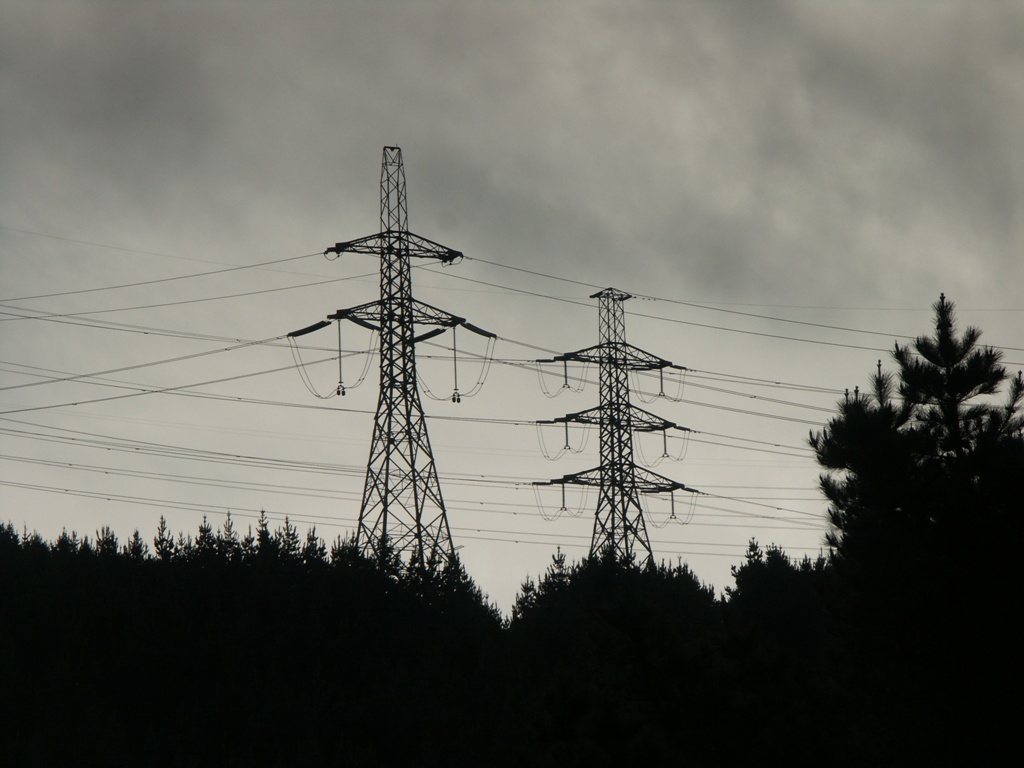With availability of the French nuclear fleet Electricite de France SA to the lowest level in the last ten years, the country will have to rely on electricity supplies from abroad in a few weeks. This can create some tensions. Britain may also face a shortage of electricity in the beginning of January, when the temperature regime will be below average.
According to analysis of Entsoe group even harsh conditions in most European countries will not lower potential in most regions and connecting lines, which occurred due to excess capacity. Yet, the UK would potentially be forced to rely on imports from all the neighboring countries during a week since January 9, because combination of light wind and low temperatures may lead to a deficit.
Delays in restart of several French reactors, undergoing a security check at request of ASN regulator, will mean a significant reduction in stocks in the first three weeks of December. Demand for electricity in France is very dependent on temperature. Temperature lower by 1 degree below normal will result in need to add 2.4 thousand MW of capacity.
Reseau-de-Transport d'Electricite, an operator of French electricity grids, earlier this month warned of growing danger of power shortages in the second largest market in Europe. The company has prepared several options for demand reduction, including blackouts. The UK has some reserve capacity in power plants, which can be activated. National Grid Plc says the winter is going to be hard, yet the situation is still manageable.
Over the past year, France more than doubled monthly supplies of electricity. In early November, price of electricity jumped to 138 euros per megawatt-hour, the highest level since 2007. On the same day, price of electricity in the UK increased to the equivalent level, which is the highest in eight years.
In Germany, the largest electricity market in Europe, there may be a reverse situation. Demand for electricity during the Christmas holidays can be so low that it could lead to "critical" overcapacity and negative price, especially if weather is windy.
The total amount of generating capacity in Europe in the last year increased by about 11 gigawatts, the amount of solar energy and wind rose 12.8 gigawatts, and the amount of energy from hydro and gas installations rose by 6.6 gigawatts. At the same time, Europe as a whole refused to use about 8.2 gigawatts of oil and coal-fired power stations.
source: bloomberg.com
According to analysis of Entsoe group even harsh conditions in most European countries will not lower potential in most regions and connecting lines, which occurred due to excess capacity. Yet, the UK would potentially be forced to rely on imports from all the neighboring countries during a week since January 9, because combination of light wind and low temperatures may lead to a deficit.
Delays in restart of several French reactors, undergoing a security check at request of ASN regulator, will mean a significant reduction in stocks in the first three weeks of December. Demand for electricity in France is very dependent on temperature. Temperature lower by 1 degree below normal will result in need to add 2.4 thousand MW of capacity.
Reseau-de-Transport d'Electricite, an operator of French electricity grids, earlier this month warned of growing danger of power shortages in the second largest market in Europe. The company has prepared several options for demand reduction, including blackouts. The UK has some reserve capacity in power plants, which can be activated. National Grid Plc says the winter is going to be hard, yet the situation is still manageable.
Over the past year, France more than doubled monthly supplies of electricity. In early November, price of electricity jumped to 138 euros per megawatt-hour, the highest level since 2007. On the same day, price of electricity in the UK increased to the equivalent level, which is the highest in eight years.
In Germany, the largest electricity market in Europe, there may be a reverse situation. Demand for electricity during the Christmas holidays can be so low that it could lead to "critical" overcapacity and negative price, especially if weather is windy.
The total amount of generating capacity in Europe in the last year increased by about 11 gigawatts, the amount of solar energy and wind rose 12.8 gigawatts, and the amount of energy from hydro and gas installations rose by 6.6 gigawatts. At the same time, Europe as a whole refused to use about 8.2 gigawatts of oil and coal-fired power stations.
source: bloomberg.com





